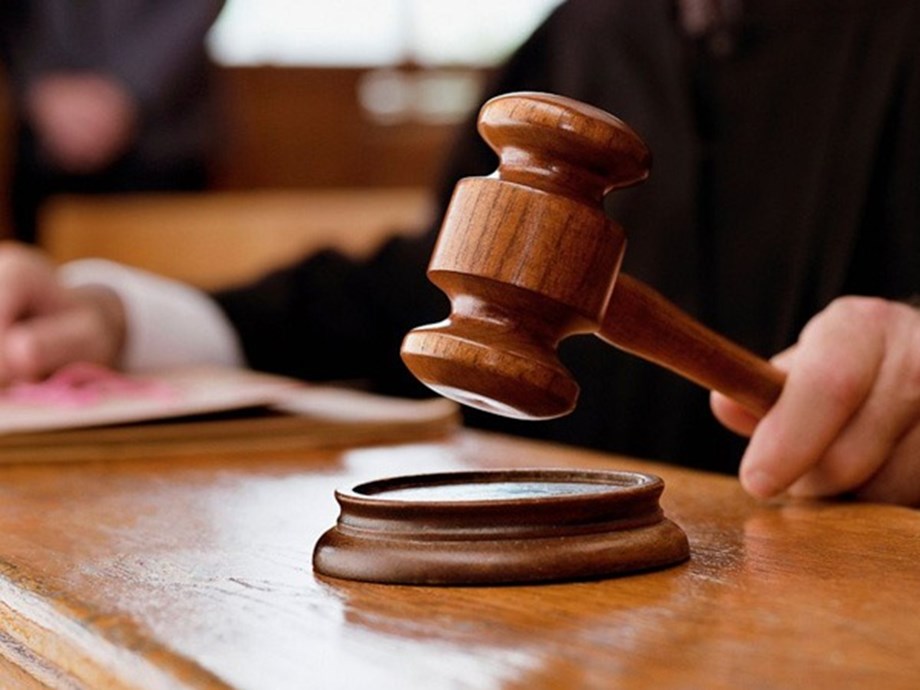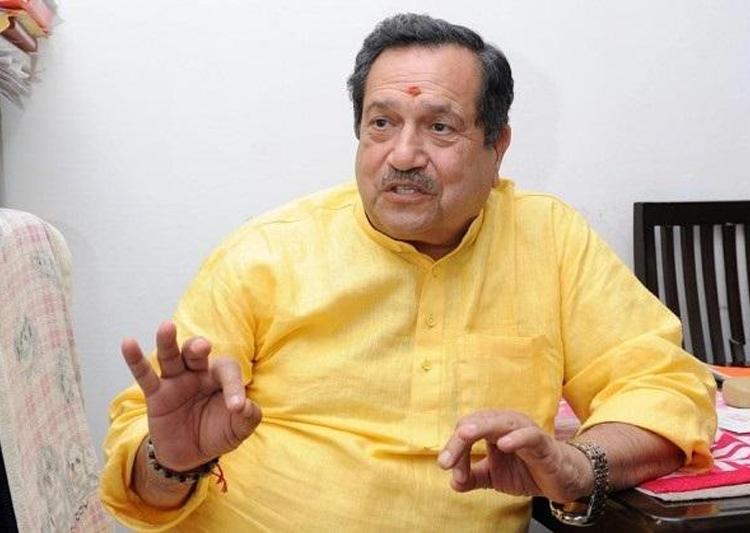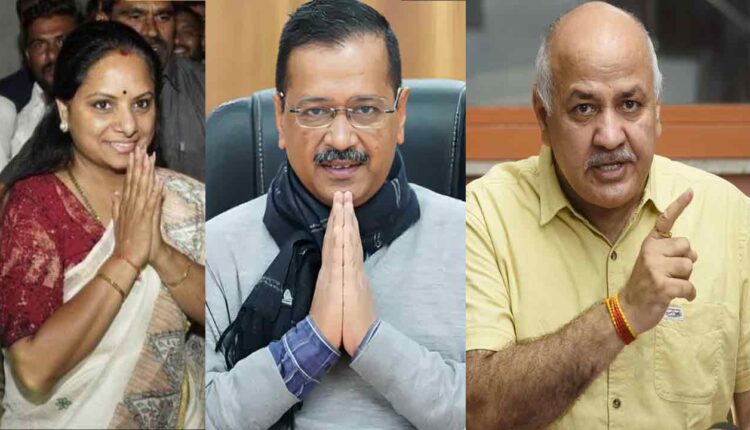Decks cleared for commencement of trial of Kathua gangrape-murder accused Shubam Sangra at Punjab court

Srinagar: Decks have been cleared for commencement of trial of Shubam Sangra, accused in the Kathua gangrape and murder case of 2018, at a court in Punjab after he was declared an adult by the Supreme Court last November.
Sangra was among eight accused arrested in connection with the sensational gangrape and murder of an eight-year-old nomadic girl in the Kathua district of Jammu and Kashmir.
On April 24, the Supreme Court disposed of a miscellaneous application, arising out of its impugned final judgement of November 16, 2022, and directed that the further trial of Sangra, pending before the court of sessions judge, Kathua, will commence in the court of Principal District and Sessions Judge in Pathankot in Punjab.
The court in Kathua is scheduled to hear the case for the final disposal on May 23 in light of the Supreme Court decision.
Though the trial was expected to begin in Pathankot as per a Supreme Court order of 2018, the crime branch submitted its charge sheet against Sangra under various sections including murder, rape, kidnapping, and wrongful confinement before the chief judicial magistrate in Kathua.
The Kathua court has fixed May 23 as the next date of hearing in the case. The crime branch will inform the court about the Supreme Court order.
Sangra was also shifted from a juvenile home to Kathua Jail after the crime branch served the Supreme Court order of November 2022 in which he was declared an adult.
The Crime Branch charge sheet detailed Sangra’s alleged involvement in the horrific crime. It said Sangra was responsible for an overdose of sedatives forcibly administered to the girl, rendering her “incapacitated” to resist sexual assault as well as her murder.
“She was forcefully administered five tablets of Clonazepam of 0.5 mg each on January 11, 2018, which is higher than the safe therapeutic dose. Subsequently, more tablets were given…The signs and symptoms of an overdose may include drowsiness, confusion, impaired coordination, slow reflexes, slowed or stopped breathing, coma (loss of consciousness) and death,” a medical expert was quoted as saying in the charge sheet.
The peak concentration of clonazepam is achieved in the blood after one hour to 90 minutes of oral administration and its absorption is complete, “irrespective of administered either with or without food”, according to the concluding opinion.
Doctors were of the opinion that the tablets given to the girl could have pushed her into a state of shock or coma.
The crime branch had filed a complaint (a charge sheet in the case of the juvenile) when he was lodged at the correctional home in Kathua as per the laid down norms under the law.
Sangra, who had been filing petitions at various courts, finally got caught when an application for a birth certificate led to the unravelling of the conspiracy to proclaim him as a juvenile.
With Sangra being tried in the gang rape-murder case, the quest for justice for the girl who was smothered to death in captivity in January 2018 takes a decisive turn.
The inconsistencies in dates and false information in the application for a birth certificate filed by Sangra’s father on April 15, 2004, were crucial in nailing the lie.
The affidavit filed in the court cited the inconsistencies in the application to buttress its claim that Sangra was a juvenile. This was submitted in court along with medical reasons by the Crime Branch, which was contesting the trial court’s decision to treat Sangra as a minor.
Sangra’s father applied at the tehsildar’s office in Hiranagar, Jammu for the birth certificates of his three children. Police said the date of birth of the eldest child, a boy, was stated to be November 23, 1997, that of a daughter was February 21, 1998, and Shubam Sangra October 23, 2002. The difference in the birthdays of the two elder children was just two months and 28 days, “which by any medical standard is impossible”, the affidavit states.
This, it says, indicates the father’s casual approach in furnishing the particulars of the dates of birth.
Moreover, no place of birth was mentioned for the older two, but Sangra was stated to be born in a Hiranagar hospital. A subsequent investigation did not corroborate this, officials said.
The painstaking investigation, which resulted in the affidavit, was backed by a report from a board of medical experts that determined Sangra’s age as not less than 19 and not more than 23 on January 10, 2018, when the brutal assault took place, they said.
The case was transferred out of Jammu and Kashmir and shifted to Pathankot on orders from the Supreme Court on May 7, 2018.
The special court on June 10, 2019, sentenced three men to life imprisonment “till last breath” – Sanji Ram, the mastermind and caretaker of the ‘devasthanam’ (temple) where the crime took place, special police officer Deepak Khajuria, and a civilian named Parvesh Kumar. Three other accused — Sub Inspector Anand Dutta, Head Constable Tilak Raj, and special police officer Surender Verma — were convicted of destruction of evidence to cover up the crime and handed down five years in jail and ₹ 50,000 fine each. They are out on parole.
The seventh accused, Vishal Jangotra, son of Sanji Ram, was acquitted.




